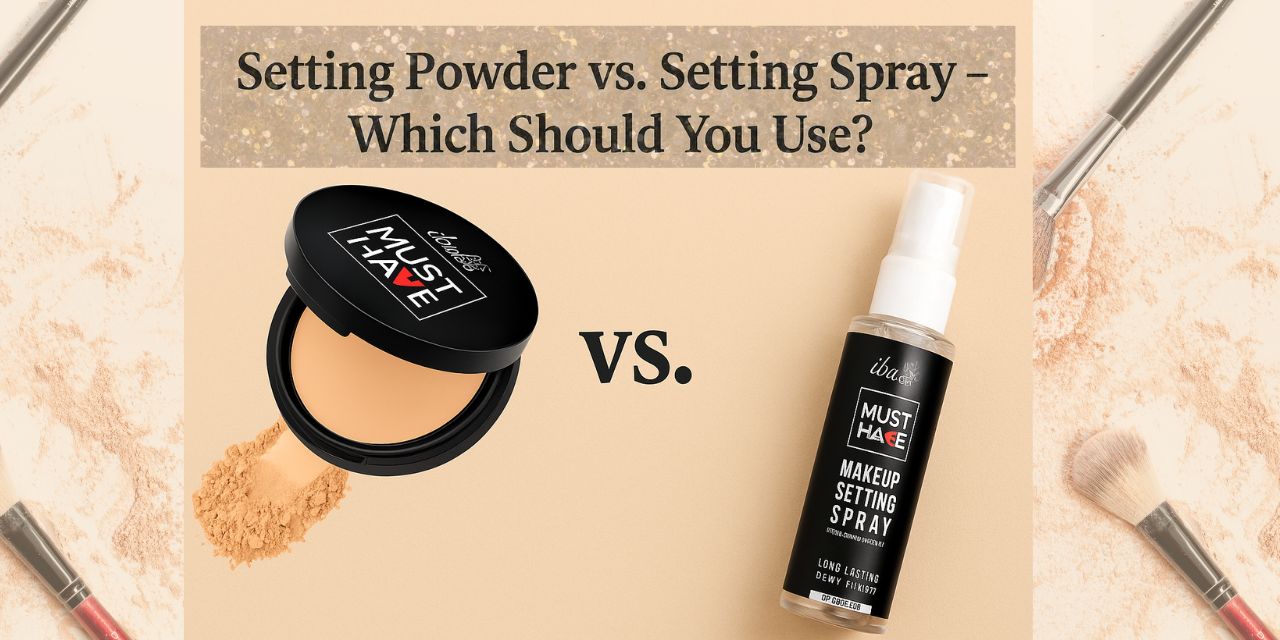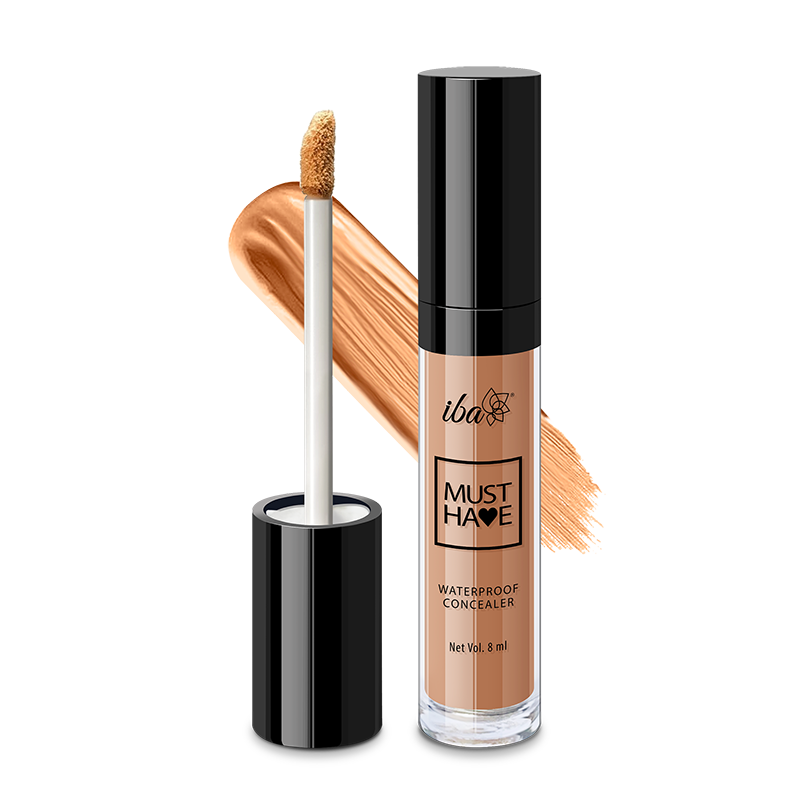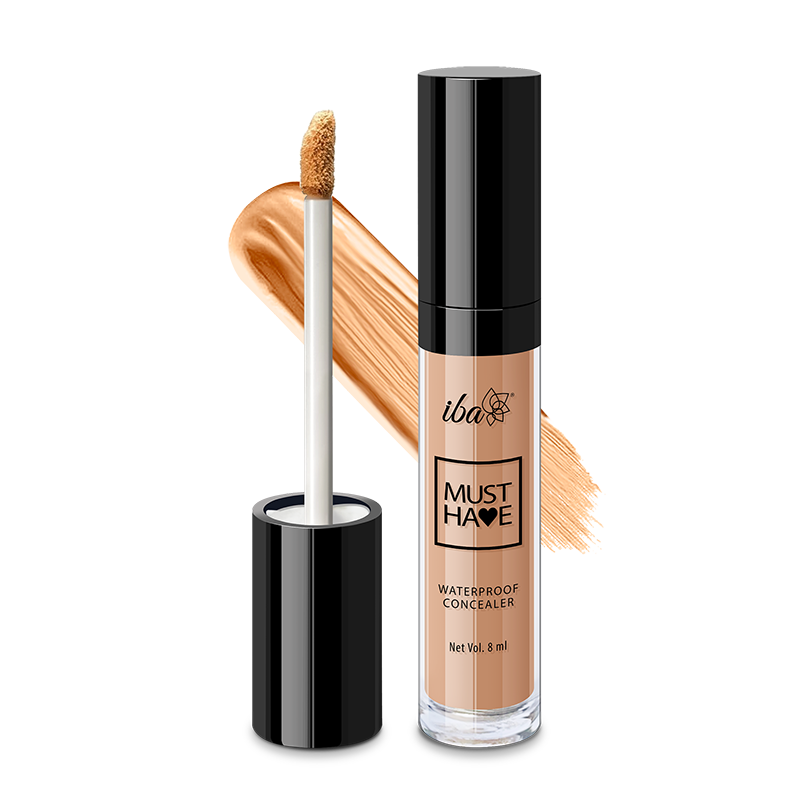Have you ever purchased a foundation that felt strange in natural light but looked flawless in store? Or did you try a lipstick shade that gave the impression that your skin was lifeless rather than glowing? You're not by yourself. The majority of us have experienced this, not because we chose the incorrect product, but rather because we were unaware of our skin tone.
Understanding your skin undertones is similar to finding a piece that has been missing from your beauty journey. It gives your makeup application clarity, self-assurance, and a carefree vibe.
What Is Undertone Skin?
Your skin undertone is its color beneath the surface. What matters is your complexion, not whether you have fair, medium, or deep skin. What gives your skin its distinct warmth or coolness is your undertone.
There are three main skin undertones:
-
Warm undertone skin: hints of golden, yellow, or peach.
-
Cool undertone skin: hints of pink, red, or bluish tones.
-
Neutral undertone skin: a balanced mix of both warm and cool.
 How Do You Know Your Undertone?
How Do You Know Your Undertone?
A lab test is not necessary; just a few easy checks will do. To perform a simple skin undertone test at home, follow these steps:
1. The test of veins
Examine your wrist's veins in the daylight.
-
Veins that are greenish indicate a warm undertone.
-
Veins that are bluish or purplish indicate a cool undertone.
-
Uncertain or a combination = neutral undertone
2. The Test of Jewelry
Which is more attractive on your skin: silver or gold?
-
The warm undertones go well with gold.
-
Cool undertones go well with silver.
-
Both appear to be in good shape. You may be impartial.
3. The Test of White Fabric
Keep a white, makeup-free cloth close to your face.
-
You're probably calm if your face glows.
-
You're warm-toned if you look better in ivory or off-white.
-
You might be neutral if both are effective.
These small insights can make a big difference in how your makeup enhances your natural beauty.
Choosing the Right Makeup for Your Undertone
Selecting makeup becomes easy and fun once you've determined your undertone.
Foundation Cream
Your base should match not just your skin shade, but your undertone.
Explore undertone-matching options here: Foundation Cream
Concealer
Choose a concealer that complements your undertone rather than just your skin tone for a smooth, natural-looking finish.
Blush and Highlighter
-
Cool undertones: icy highlighters and rosy pinks
-
Warm undertones in shades of peach, bronze, or gold
-
The majority of shades appear flattering with neutral undertones.
Try the blush and highlighter from us.
Transfer Proof Lipstick
-
Cool undertones: mauve, berry, and cool reds
-
Warm undertones: coral, terracotta, and warm reds
-
Neutral undertones: feel free to experiment
Find long-lasting formulas: Transfer Proof Lipstick
Eyeshadow
Select color schemes that enhance your eye makeup game and go well with your undertone.
Explore : Eyeshadow
Being aware of your undertone is important for feeling seen, not just for looking good. Selecting makeup should enhance your uniqueness rather than hide it. It's about feeling like you've finally discovered who you really are, your true shade. Your makeup transcends color when it reflects your inner self-assurance. It turns into a place of comfort.
FAQs: Understanding Skin Undertones
How do skin tone and undertone differ from one another?
Your skin's surface color—fair, medium, or deep—is referred to as your skin tone. The subtle color beneath the surface that remains constant regardless of weather or sun exposure is called the undertone. It can be warm, cool, or neutral.
What makeup suits cool undertone skin?
Choose blush and foundation colors that have blue or pink undertones. Berry, plum, and mauve lipsticks are examples of cool-toned lipsticks that look great.
What are the best shades for warm undertone skin?
Amber, peach, or golden hues go nicely with warm undertones. They look great with coral and terracotta lipsticks and earthy-toned eyeshadows.
Can my skin undertone change over time?
No, your undertone doesn't change over the course of your life. Sun exposure may cause your skin tone to lighten or darken, but it has no effect on your undertone.





